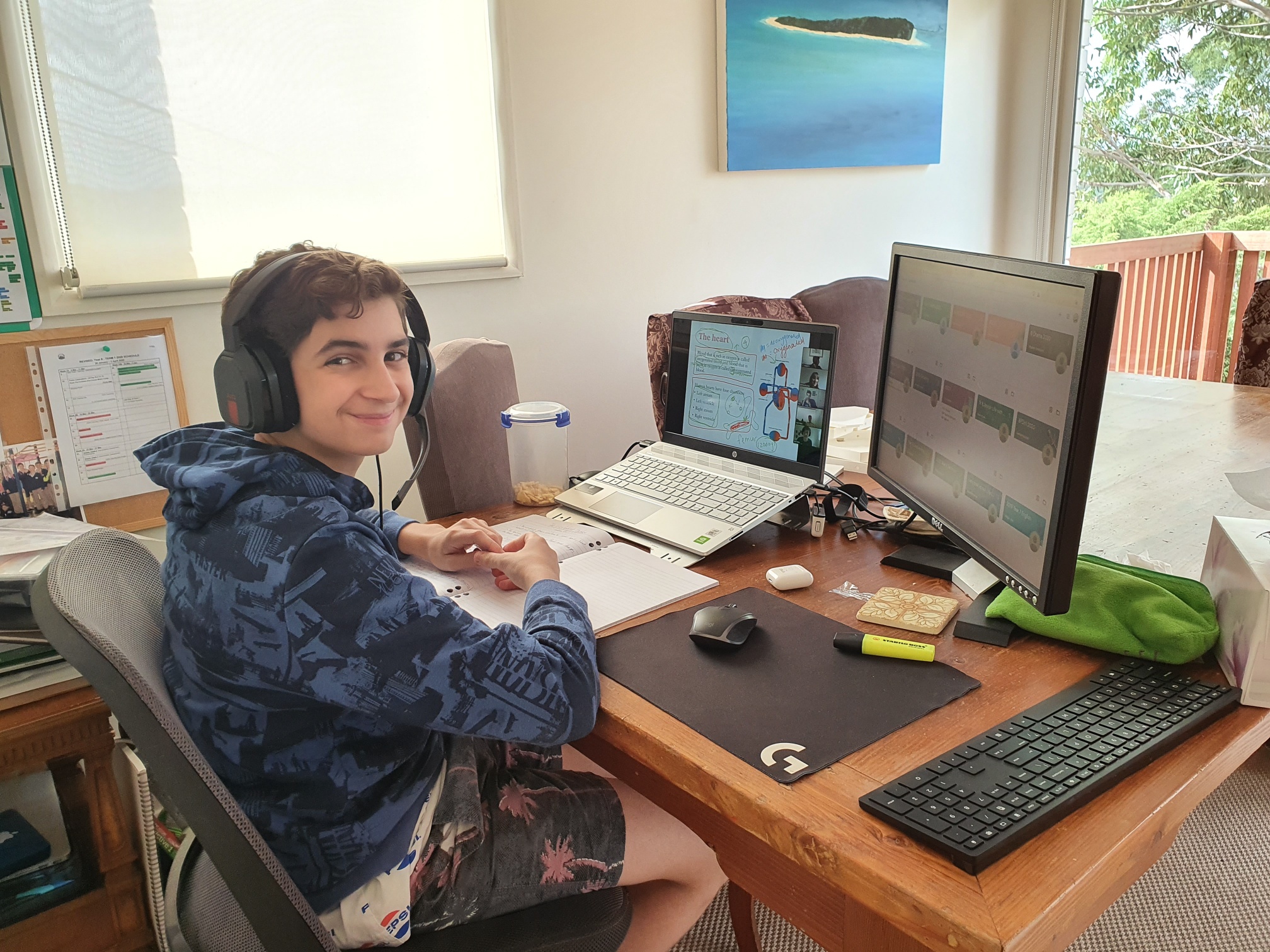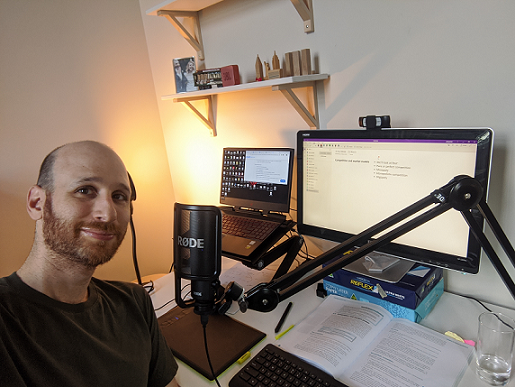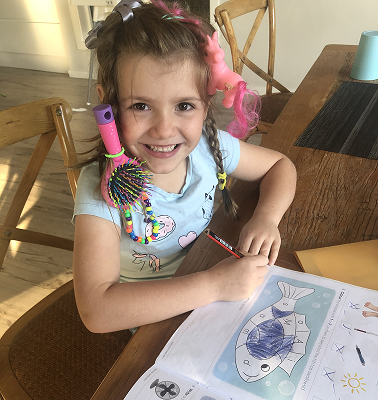
In March, when the threat of Coronavirus potentially closing Australian schools first came to light, Masada College was already hatching an innovative plan to ensure that teaching and learning continued uninterrupted – no matter what came next.
Key to this plan was dedicated support to the College’s teaching staff to ensure they had the skills to work in the technology space and learn new software.
Ryan Gill, Head of Learning and Teaching (Yr 7-12) said the College has been using existing platforms such as Google Classroom but expanded these to include video conferencing tools such as Google Hangout and Zoom.
“It has been amazing to watch our teachers who considered themselves to be the least technologically savvy, embrace the new learning platform and show such creativity in their teaching approach,” he said.
“By the launch date, our teaching team was well prepared to go on this journey of online learning”.
However, he acknowledged that motivating students to attend all online classes and ensuring students stay focused for the entire lesson will be tougher than usual.
“Despite the challenge, we have seen incredible innovation and creativity from our teaching staff to provide online lessons that are engaging and productive,” he said.
‘A tremendous sharing of knowledge’
Gill said that in the first few weeks of the program there has been a “tremendous sharing of knowledge” amongst the teaching staff.
“This has ultimately lifted the quality of online lessons,” he said.
“From experimenting with breakout rooms in Zoom to enrich interactions between student and teacher, to asking students to create their own kahoots, to age appropriate management of online chat functions during online lessons, our teachers have supported each other across faculty teams”.

Other teachers, such as our Economics teacher, Alex Symonds, has continued to innovate with and support others with his established ‘flipped learning’ approach, with his YouTube channel video resources being shared amongst the teaching community by the Economics and Business Educators (EBE NSW) network.
“An obvious challenge is how to bring the practical subjects to the online platform, but it hasn’t stopped the Masada teaching staff,” Gill said.
“Our Year 7 art classes have been using food colouring and coffee with household objects for their animal artworks”.
The College principal, Martin Tait, is leading by example by running online fitness sessions.
Each week, Tait energises Year 7 and 8 boys at the College, showing the students that in limited space, star jumps, burpees and running on the spot gets heart rates racing and helps students to refocus on their afternoon lessons.
“Our Science teachers have also been ‘experimenting’ at home too. Despite the challenges of not having all of the specialist equipment and chemicals they have at school, our Year 12 Physics students were finding the speed of light using a microwave and sliced cheese,” Gill said.
“Year 11 Physics were finding the value of g (acceleration due to gravity) and had to find a ramp and rolling object in their home”.
He recalled how students used guitar cases and backs of draws for their ramp and coke cans and ping pong balls for their rolling object.
“They would not have had the chance to be this creative in the classroom!” Gill said, adding that the whole College is committed to the success of online learning.
This week the College P&F instigated ‘Crazy Week Challenge’ for the Junior School.
To encourage younger students to stay connected with classmates and family, fun activities included crazy hair day, pyjama day and wear your clothes backwards day.

“The College has received lots of very positive feedback from staff, parents and students in the methods for ensuring students are engaged and learning online,” Gill said.
The smooth roll out of Masada’s online home learning platform has allowed for the uninterrupted education of students and is a testament to the agility and flexibility of the Masada staff.
“With everyone in this together, they've created novel solutions to an ever-changing landscape,” Gill said.
This article is part of an ongoing series of good news stories focused on how principals, teachers and students are showing compassion, courage and humanity during this challenging and uncertain time.


